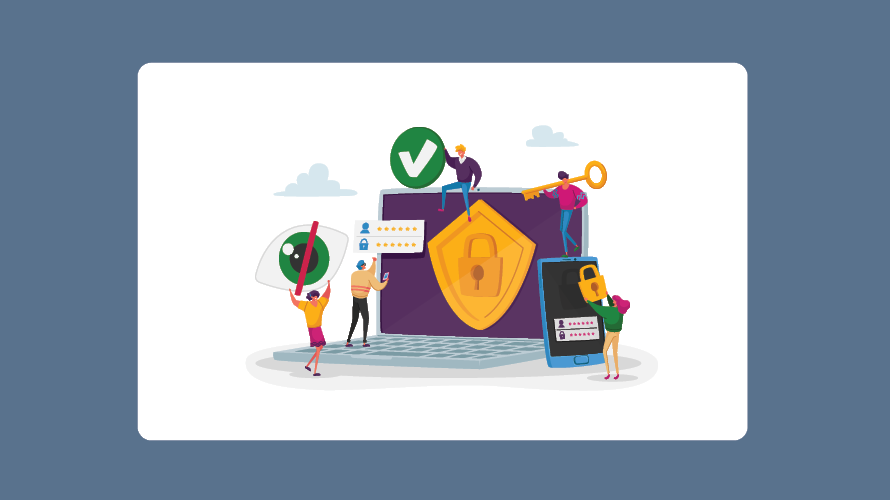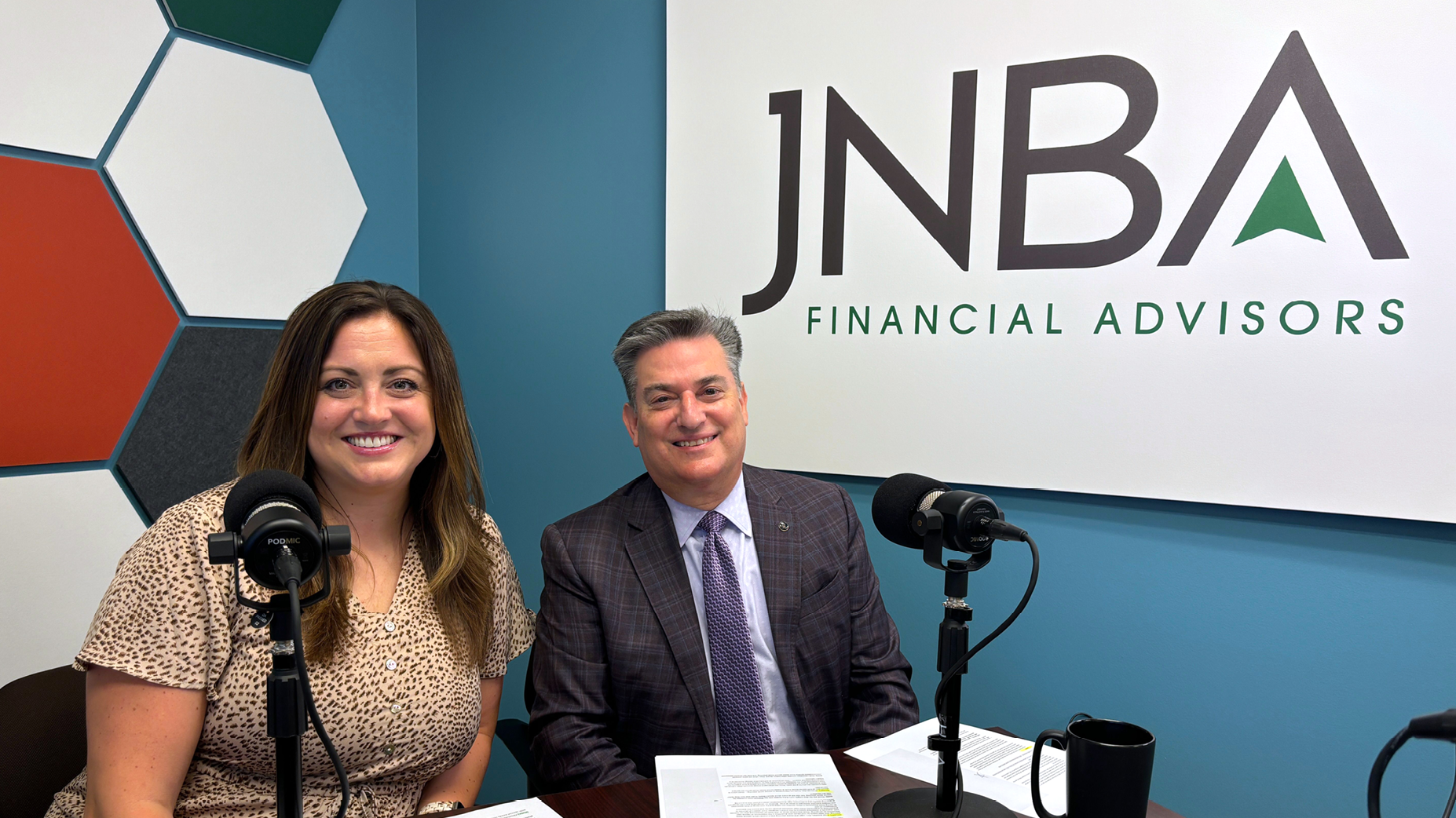Fraudsters are getting smarter, but the good news is there are techniques you can practice and technology resources you can use to be in greater control of protecting your information. We’re in the business of caring for and protecting people’s confidentiality, and, as a result, we are hyper-aware of potential privacy pitfalls. At JNBA, we have frequent and ongoing conversations around the protection of client data, and we have invested in everything from training to cutting-edge technology to help keep our clients’ information – and their finances – safe. As just one example of JNBA’s security procedures around client information, we require a verbal confirmation for actions like establishing move-money instructions, recurring distributions, wires, and more. But we also try to help the individuals and families we work with in the areas of their lives where JNBA’s arms don’t reach, including security procedures around their personal computers or a personal checking account that we don’t manage, for instance.
Criminals are using every trick in the book – from phishing via email, phone, and text to literally looking over your shoulder at your phone or laptop screen in public places. To that end, here are some reminders to help keep your information safe, both online and in-person:
PRACTICE GOOD PASSWORD HYGIENE
- Create strong and unique passwords for each of the financial sites you visit.
- Avoid public wi-fi, where your information could be anything but private. That’s especially true when accessing financial accounts.
- Change passwords frequently! To quote a meme that security specialists often point to: “Passwords are like underpants. Change them often, keep them private, and never share them with anyone.” It may be funny, but it’s also true.
TAKE ADVANTAGE OF TECHNOLOGY
- Whenever possible, work with banks and other financial companies that require multi-factor authorization (MFA). MFA typically will send a code via text, phone call, or email that you need to retrieve in order to sign into your account. Because passwords can be relatively easy to hack, MFA makes it much more difficult for a bad actor to gain online access to some one’s bank account or credit card. As a result, it is best practice to enable MFA whenever possible – specifically when working with banks and other financial companies. MFA continues to be available on both the JNBA and TD Ameritrade client portal. If you have not already activated MFA with your accounts and would like to, please work with your JNBA Advisory Team to enable this feature.
- When visiting a website, pay attention to the web address. The ‘S’ in Https:// indicates the web address has been encrypted and secured with an SSL certificate, which provides some
additional security.
TRUST, BUT VERIFY
- Keep tabs on your surroundings and note anything or anyone that seems unusual or out of place.
- Don’t give out sensitive information or give someone access to anything on a phone call you didn’t initiate.
- Verify links and attachments. Don’t open unknown email attachments or click on links provided in an email. Instead, visit the website directly.
- Before clicking on any links, check URLs to verify they are legitimate by hovering over the link to view the full web address.
- Don’t click on a link in an email that leads to a login page and login; instead, go directly to a trusted website and login from there.
- On social media, don’t accept follower/friend requests from people you don’t know. And scrutinize unusual messages, even from people you DO know. Malicious hackers follow company and employee accounts to gather information to better impersonate a victim’s colleagues.
Criminals are working hard to obtain information, but by being aware of your surroundings and scrutinizing your online and offline communications, you can make their jobs a whole lot harder.
Due to various factors, including changing market conditions and/or applicable laws, the content may no longer be reflective of current opinions or positions. Moreover, you should not assume that any discussion or information contained in this blog serves as the receipt of, or as a substitute for, personalized investment advice from JNBA Financial Advisors, LLC.
Please see important disclosures information at www.jnba.com/disclosure



